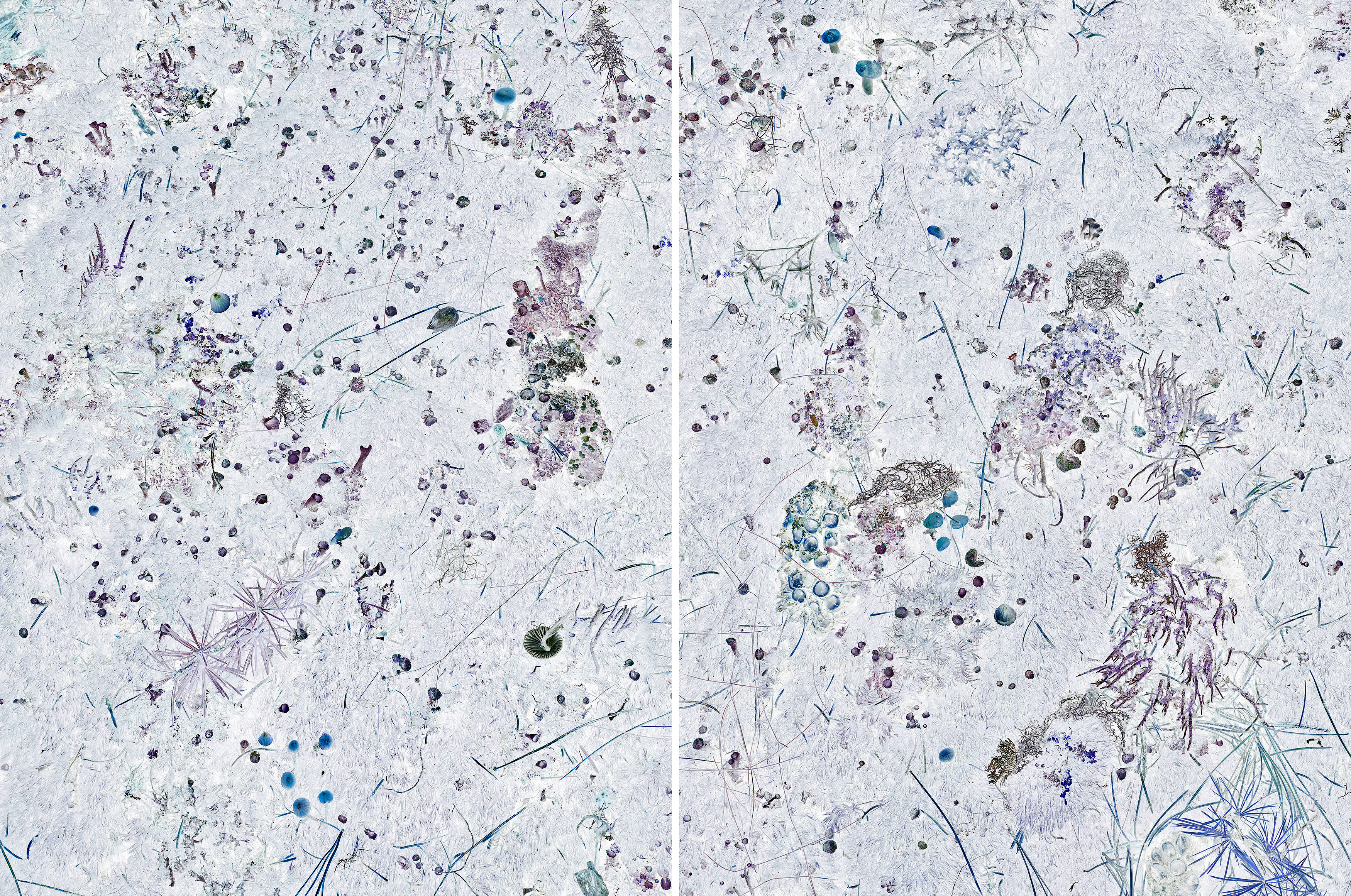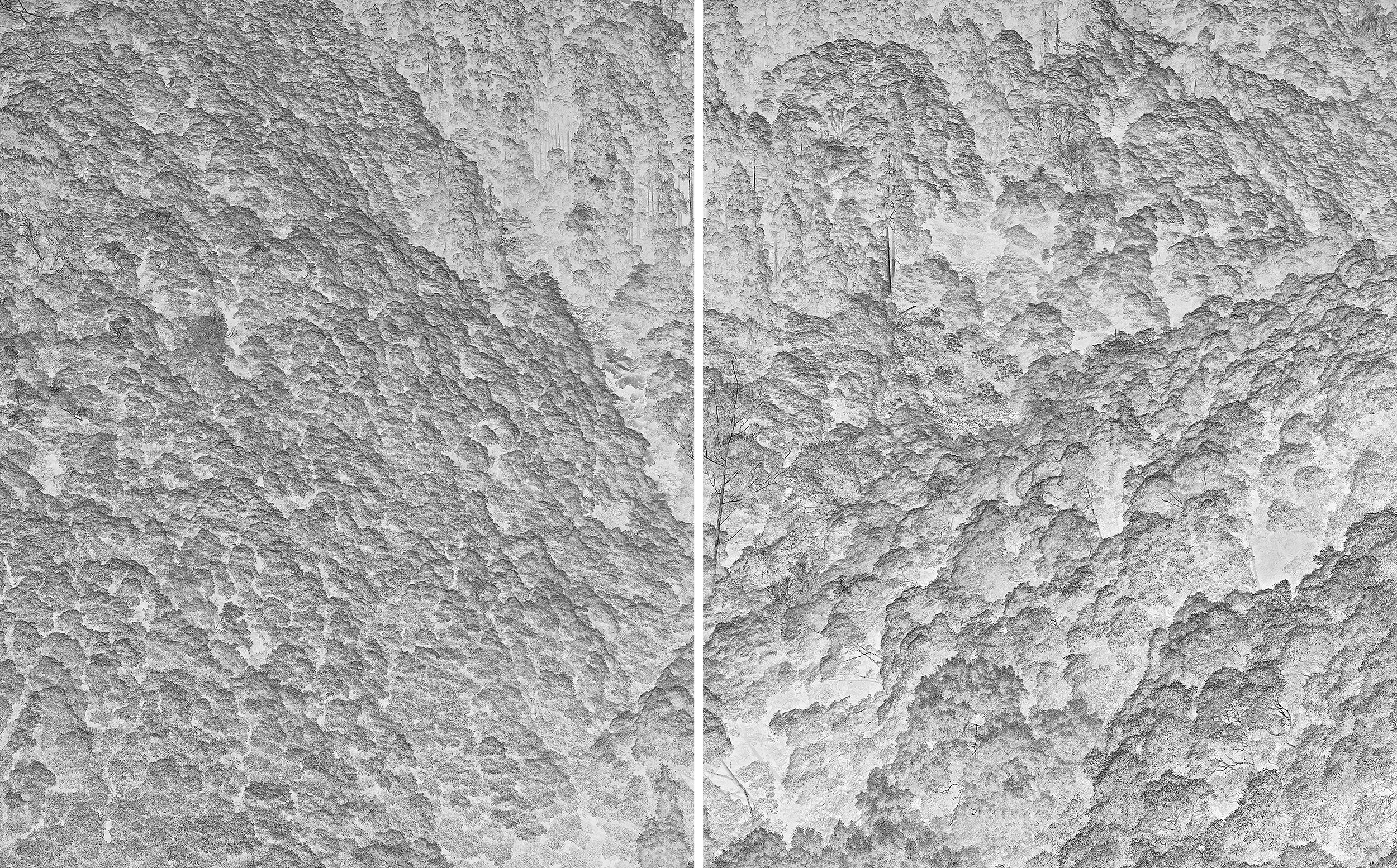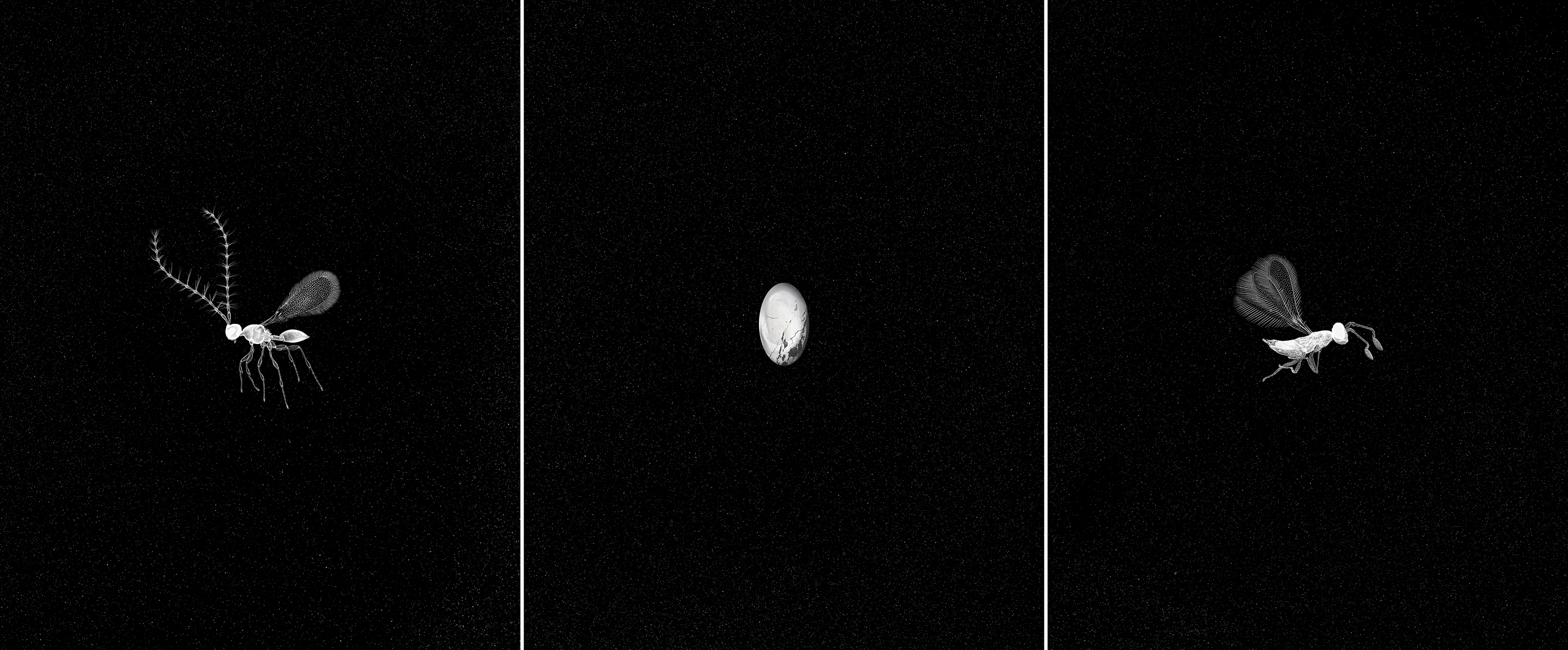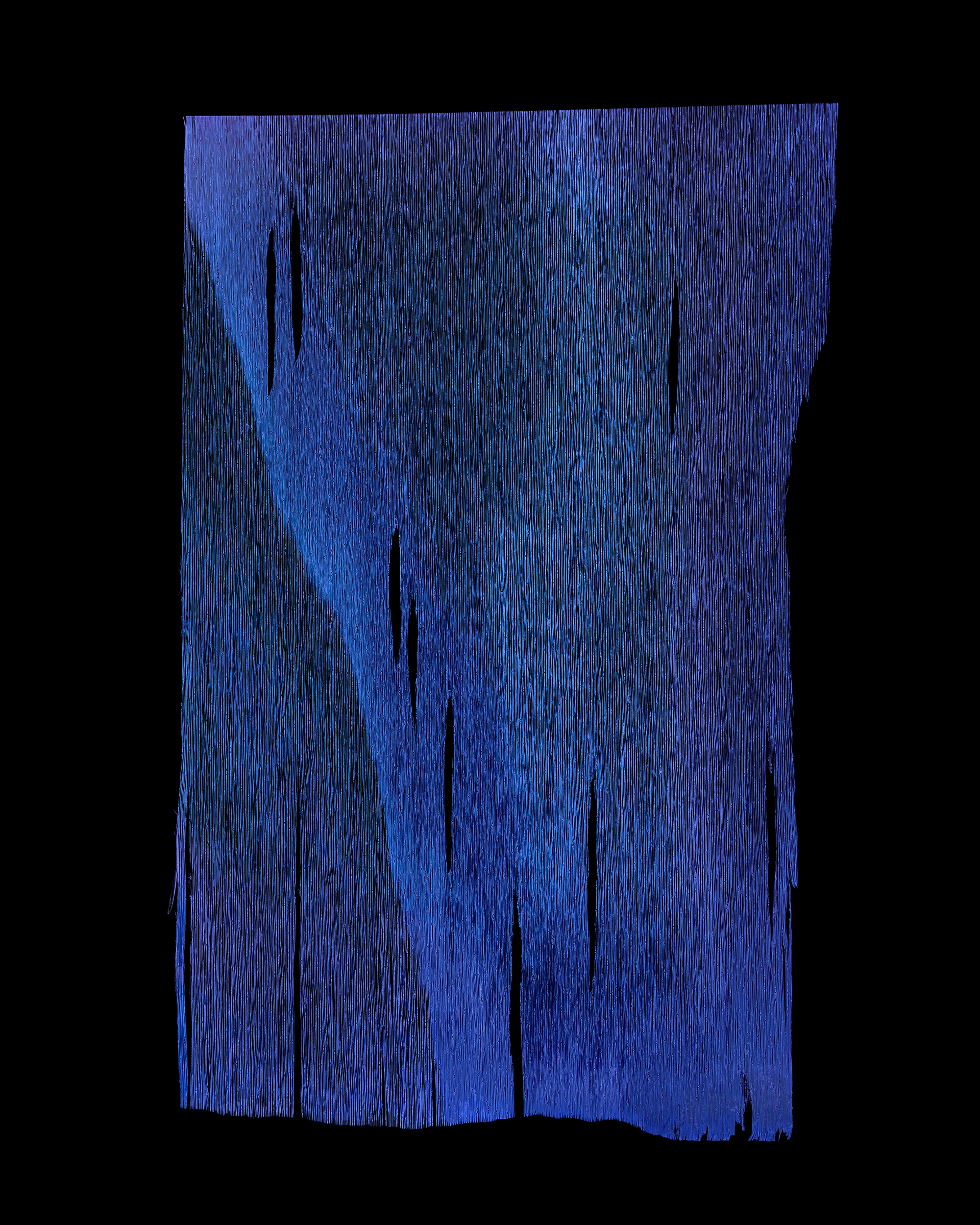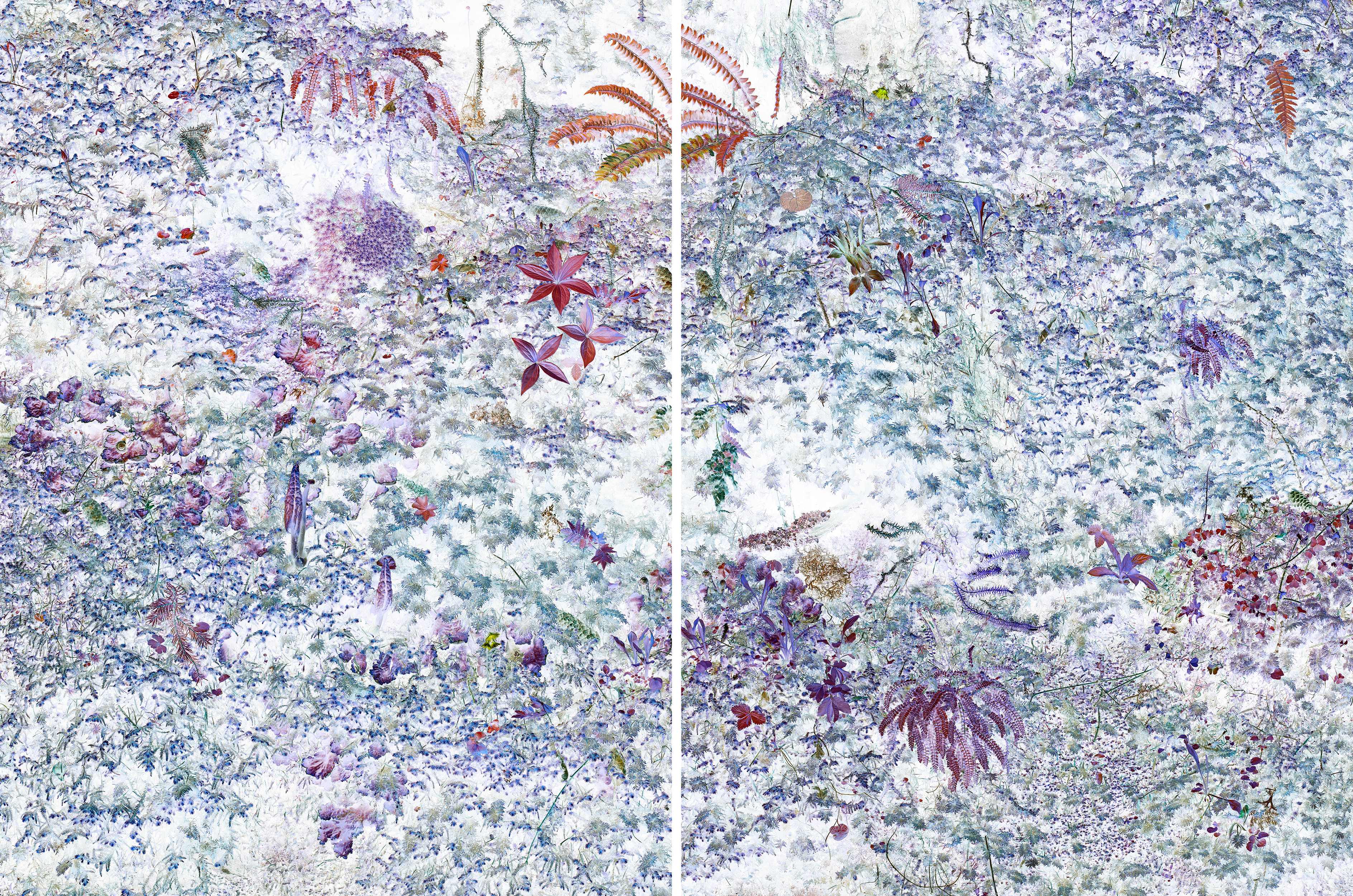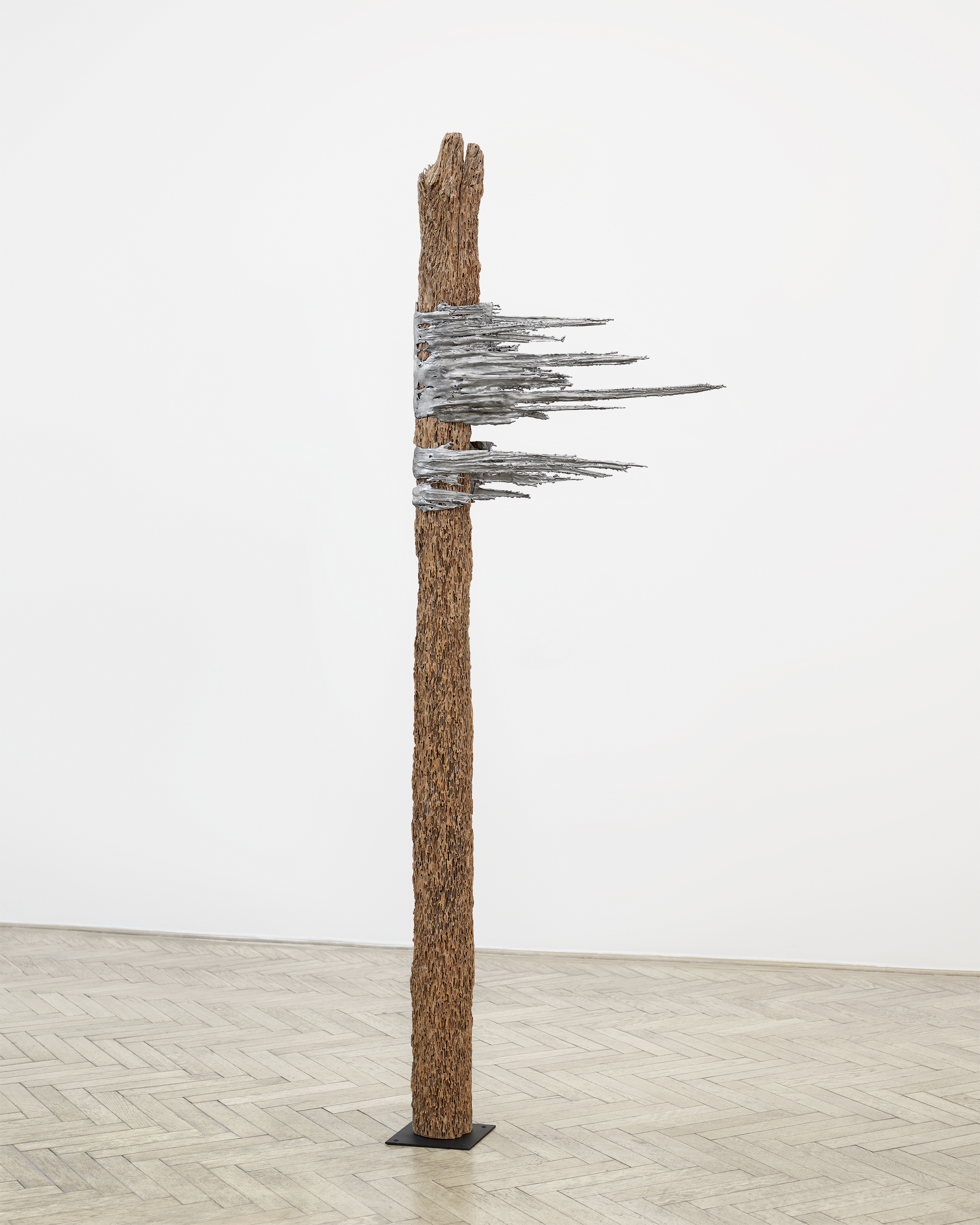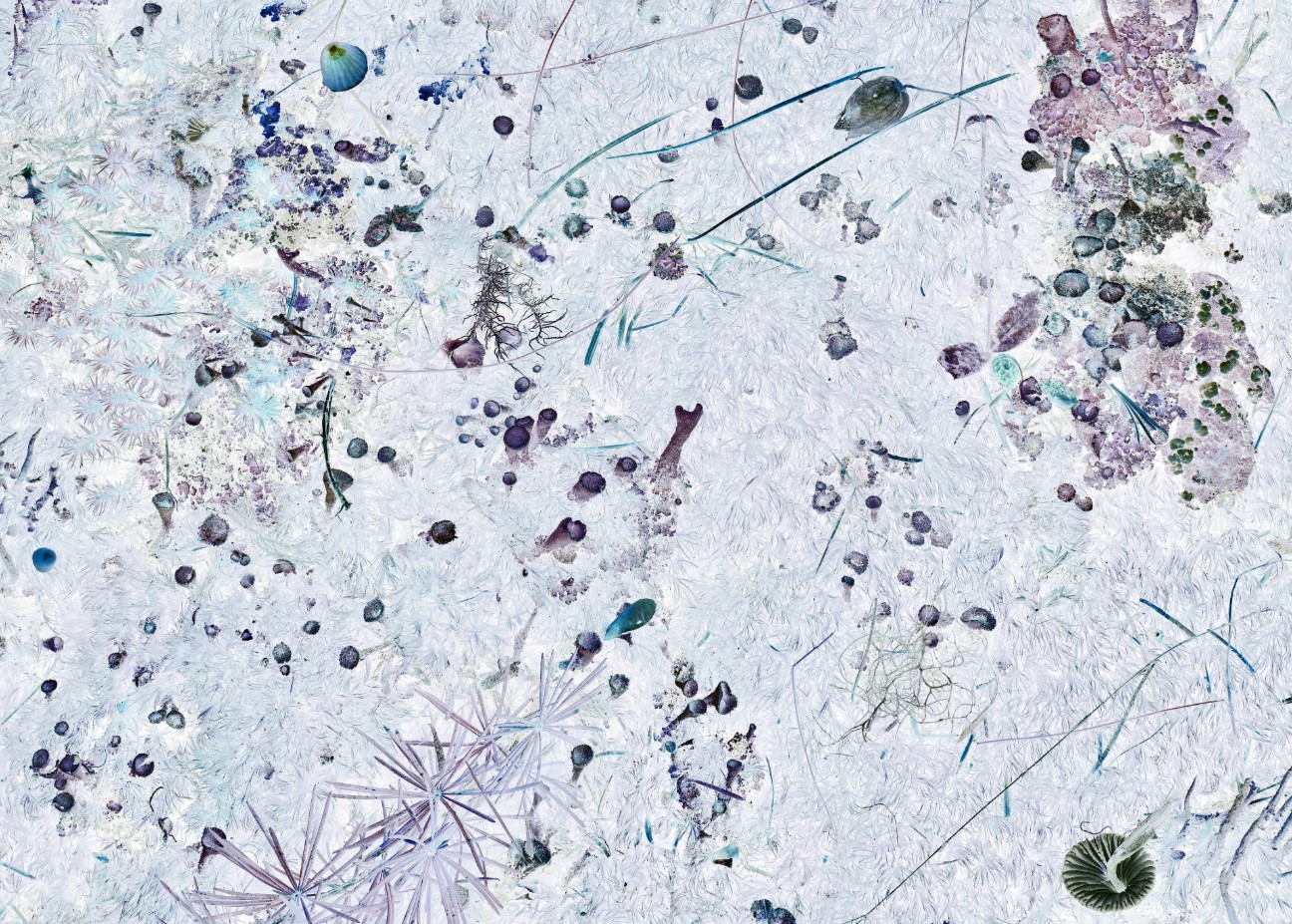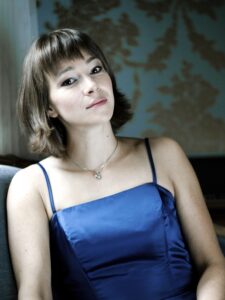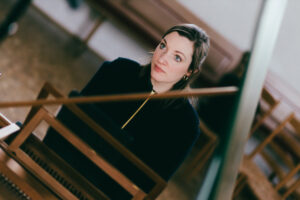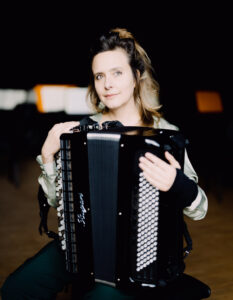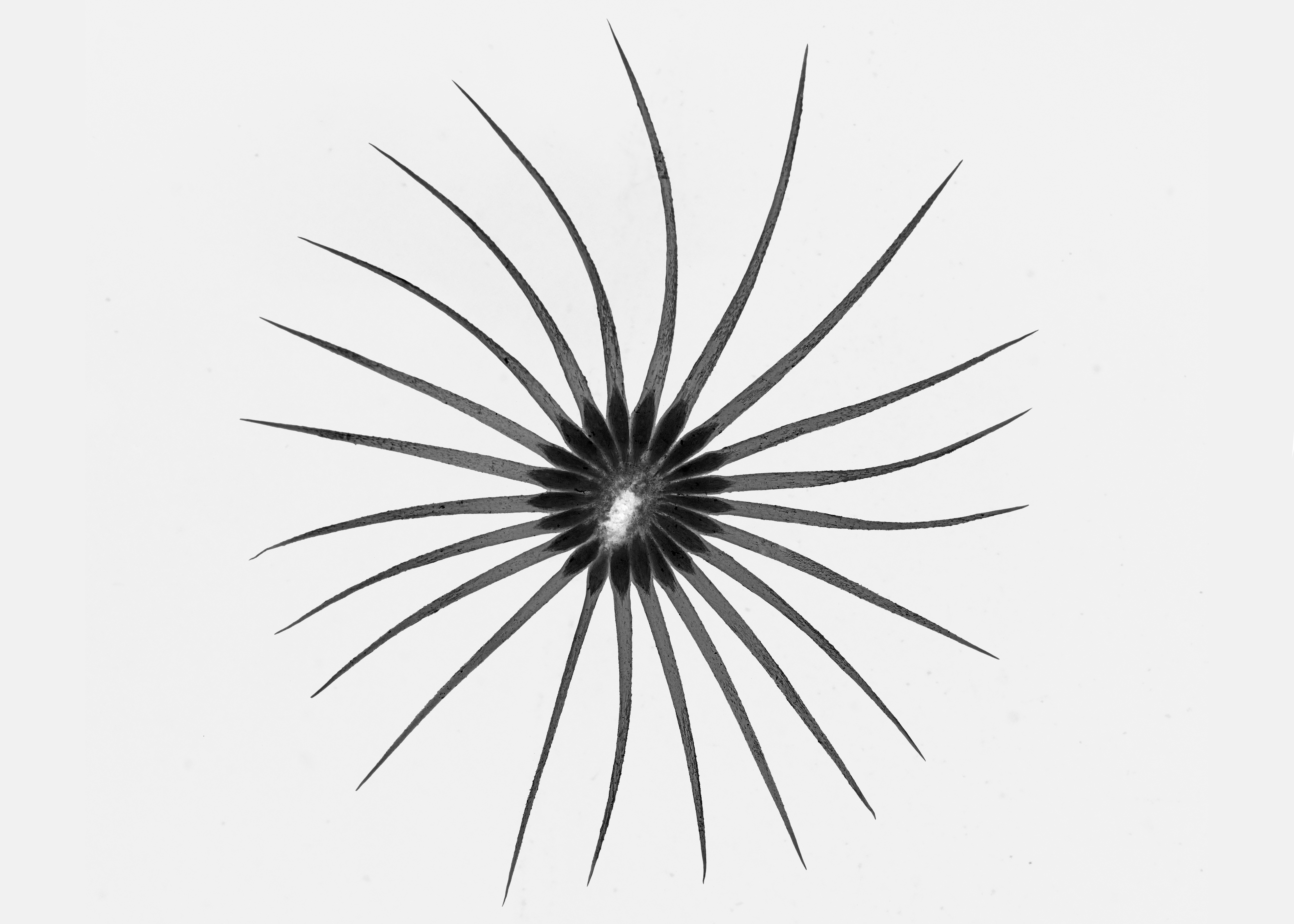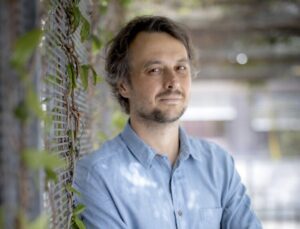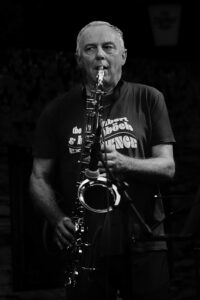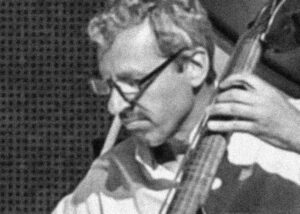EVERYTHING BEGINS TO FLOAT
Photography
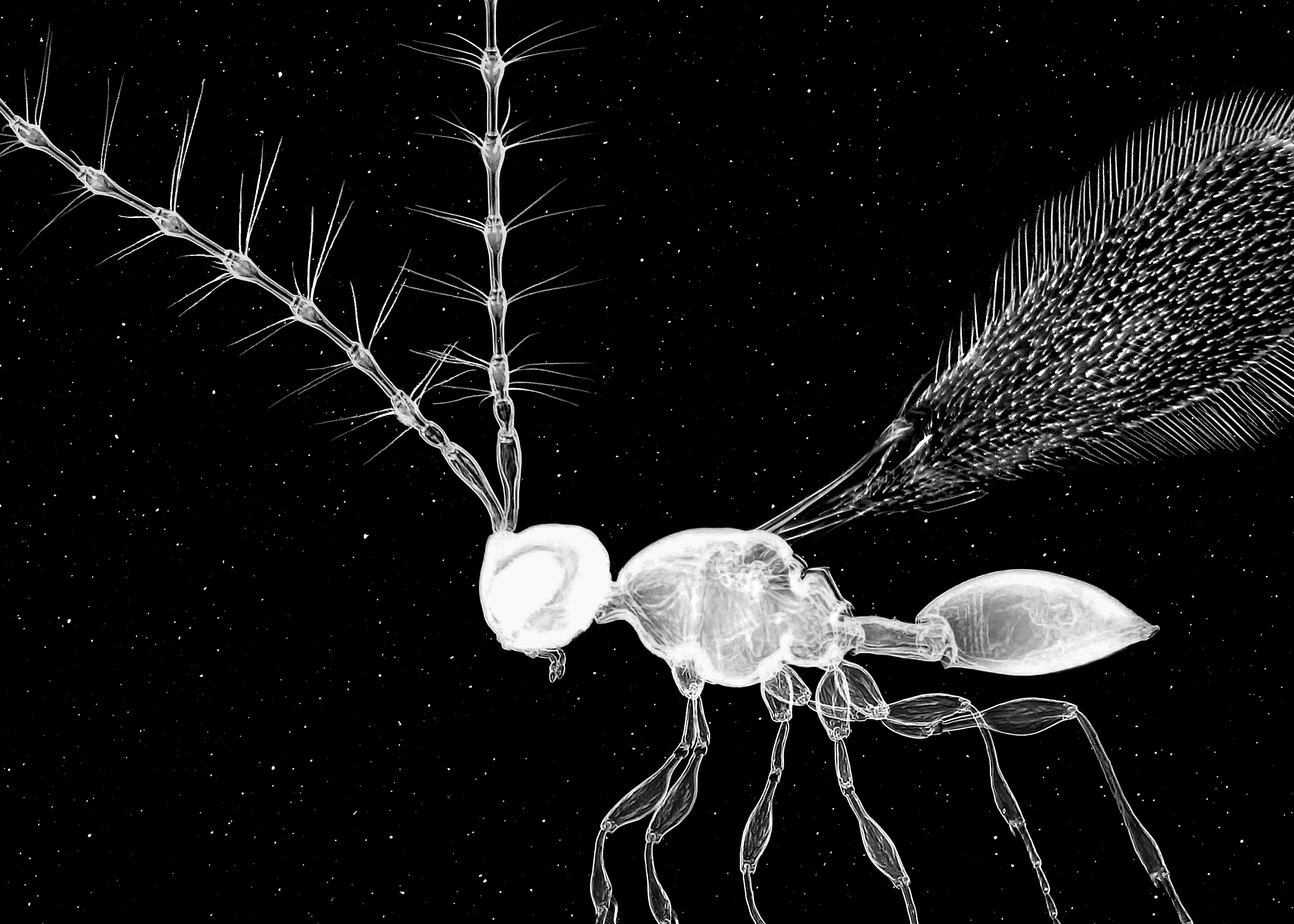
Tamas Dezső
EVERYTHING BEGINS TO FLOAT
«Everything begins to float», says a character in Jean-Paul Sartre’s novel when he realizes that the world does not revolve around him, but that he is surrounded by a multitude of «indifferent» manifestations of nature. A shock moment in the history of philosophy: Humans, the crowning glory of creation, are in the process of destroying their own livelihood as well as that of many species. After a geological blink of an eye, mankind is once again in danger of becoming extinct, as is currently the fate of some 150 animals and plants per day. And there will be no one to remember us. While the complex, living, resilient organism that is the planet Earth will continue to develop.
Tamas Dezső’s photographs are visual reflections of man’s significance in the universe, his status amongst the animals and rocks, amongst all the animate and inanimate entities. His gaze falls upon the world of plants, «the voiceless, non-narrative, barely perceptible presence of plants», as he says, «immobile and dispersed in time».
The core of Dezső’s work for INN SITU is formed by four diptychs, human-sized images of alpine forest floors photographed in the spring, summer, fall, and winter in the region of Tyrol and Vorarlberg. He alters their appearance in a simple but radical way. He enlarges his photographs as color negatives. These works challenge us to visually translate what we see back to the original and rethink our perception of the world around us. They are tools that let us reflect on our being part of the planetary organism and on the consequences of our actions – shaped over centuries by the image we have of ourselves as being separate from the whole.
Tamas Dezső’s (*1978)
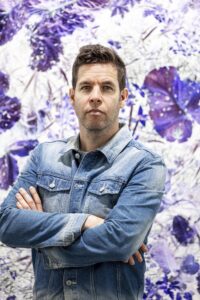
©Andreas Moser
His works have been shown all over the world, including at the Robert Capa Contemporary Photography Center in Budapest, the Museum of Contemporary Art Shanghai, the Foam Photography Museum in Amsterdam, or at the Helsinki Photo Biennial. His photographs have appeared in GEO, Wired, National Geographic, and Time Magazine. He was nominated for the Prix Pictet twice. Tamas Dezső lives and works in Budapest.
